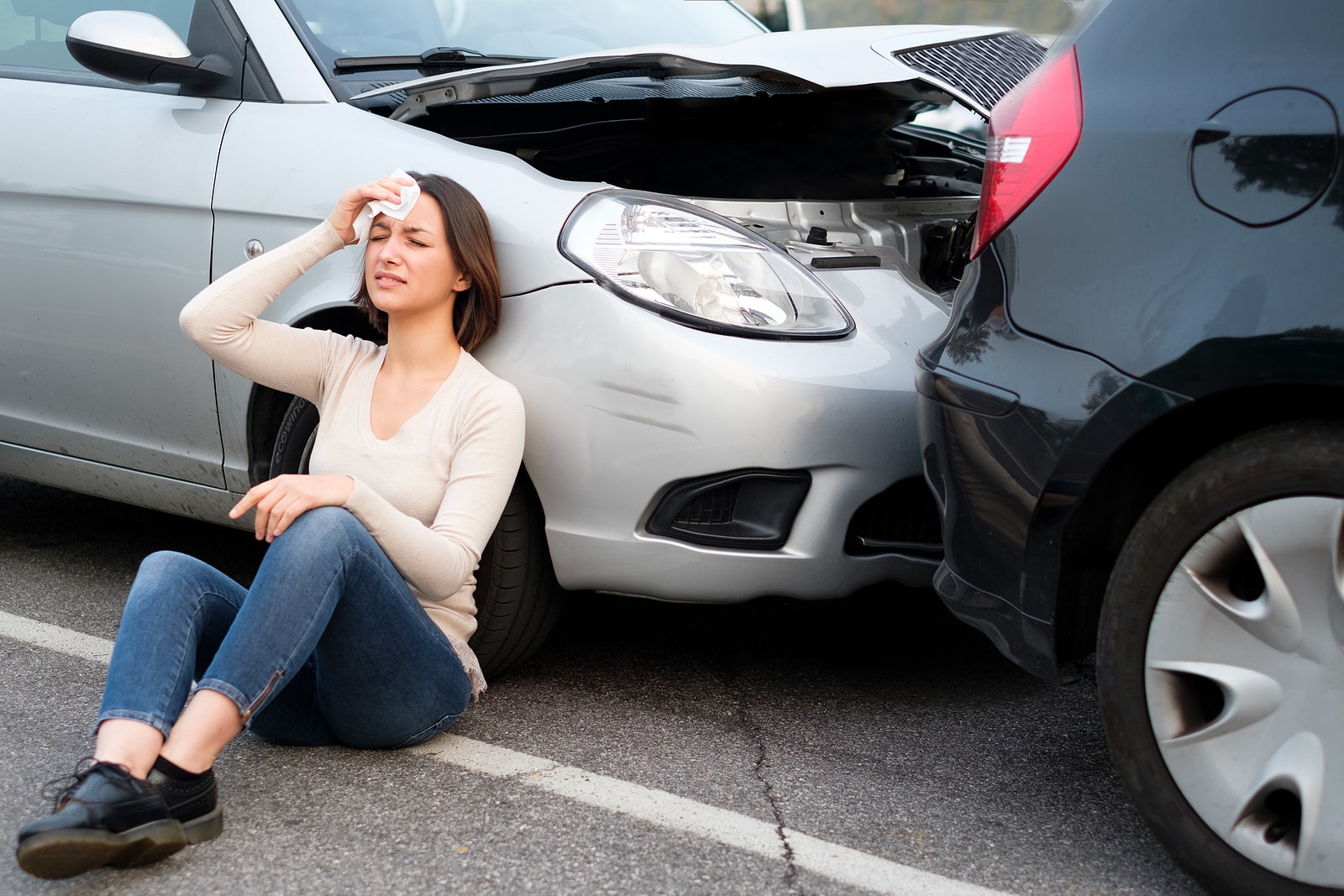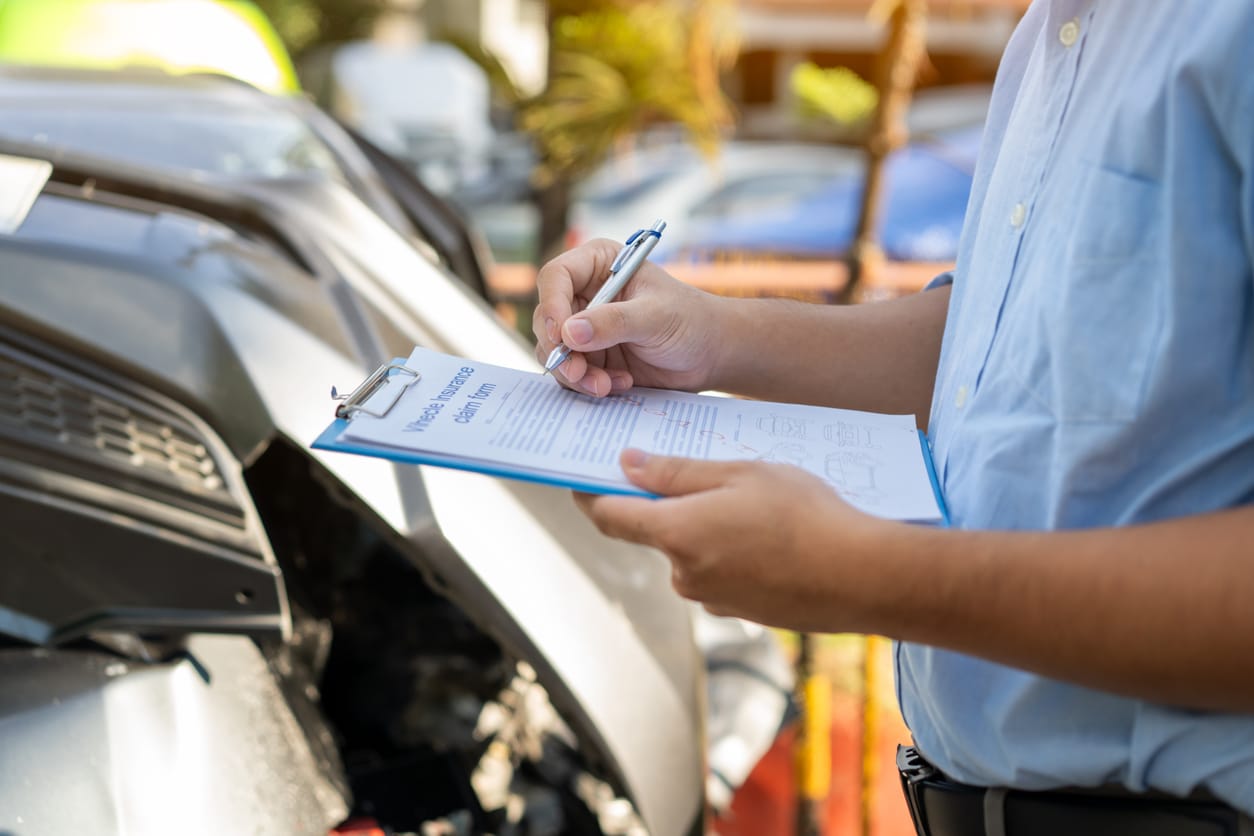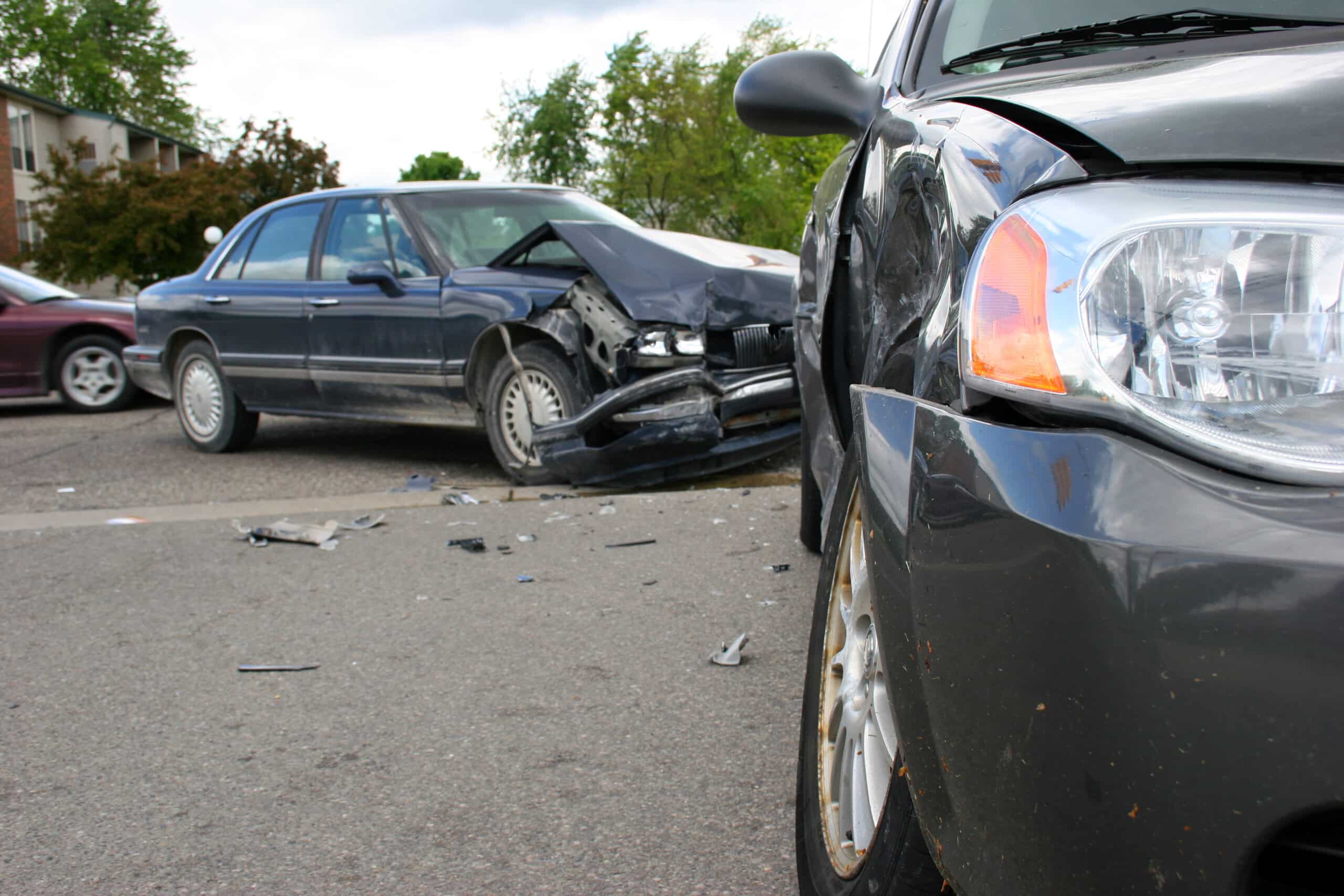What Does Louisiana Law Require in Terms of Car Insurance?
Louisiana law requires vehicle owners to carry auto insurance policies. The minimum requirements are what’s known as the 15/30/20 minimums for bodily injury and property damage.
- A minimum of $15,000 of physical injury coverage per person injured
- A minimum of $30,000 total for everyone in the accident
- A minimum of $25,000 for property damages
This may sound like a large amount, but if someone sustains severe injuries that require extensive hospitalization and medical care, $15,000 can disappear quickly.
What Happens if an At-Fault Driver Doesn’t Have Sufficient Insurance to Cover My Claims in Louisiana?
Being in a vehicle accident that causes damage to your car and injuries to your body is both frightening and frustrating. When the other driver is at fault and doesn’t have sufficient insurance to cover the claims, that can be even worse.
One potential solution is if the victim carries uninsured/underinsured motorist (UM/UIM) coverage. Louisiana law requires all insurance policies to have this built on. However, policy owners have the option to opt out by signing a form saying they don’t want the UM/UIM coverage.
If the victim opts to keep the UM/UIM provision in the policy, it may cover the remaining costs after the at-fault driver’s policy has been exhausted. So, if the victim had $30,000 in medical costs and the at-fault driver’s policy paid $15,000, the victim’s UM/UIM coverage could pay the remaining $15,000.
What if I Refused the UM/UIM Provision in My Auto Insurance Policy?
This becomes more complex. It’s possible that the remaining costs will be out of your pocket. However, every case is unique, and there may be other avenues to pursue. That’s why it’s crucial to work with an experienced UM/UIM injury attorney who can advise you on what’s possible and how to move forward.
Some possibilities include:
- Lawsuit. It’s possible to file a lawsuit against the at-fault driver for the remaining damages. However, it’s also possible that the at-fault driver doesn’t have the financial means to pay them. This type of litigation can be time-consuming and expensive.
- Work liability. If the at-fault driver was driving for work, there may be an opportunity to file for damages against the employer. This is also complex and could benefit from working with an experienced attorney.
What Is Louisiana’s Comparative Negligence Law, and How Could it Affect My Claims?
In many vehicle accidents, more than one driver has some fault. In order to manage that during the claims process, every state in the U.S. has what’s known as comparative negligence laws. Those determine how liability is assigned and how claims are paid. There are three types in the U.S.
- Contributory negligence. This says that if the victim is even 1% at fault for the accident, they aren’t eligible to receive damages.
- Modified comparative negligence. This says that if the victim is about half responsible (the exact percentage varies by state), they aren’t eligible to receive damages. If they’re less than half responsible, they can receive damages, but the damages are reduced by the percentage of fault.
- Pure comparative negligence is essentially the opposite of contributory negligence. It states that if the victim is even 99% at fault, they can still receive 1% of any damages awarded.
Louisiana follows pure comparative negligence. That may sound positive, but it also means that the party the victim is filing damages against will strive to have as much fault as possible placed on them in order to avoid paying out. For example, if the victim is found 20% at fault and is awarded $10,000 in damages, they’ll only receive $8,000 instead.
How Is Negligence Proven in Louisiana?
Louisiana personal injury law has four points of negligence, all of which must be proven in order to file for damages successfully.
- Duty of care. This means that someone must exercise reasonable care for others around them. For example, drivers must obey the laws of the road and be diligent around other drivers.
- Breach of the duty of care. This means someone didn’t exercise reasonable care—for example, a driver who drove under the influence (DUI).
- Causation. Because a driver breached the duty of care, an accident occurred, which caused injuries that wouldn’t have happened if the driver hadn’t breached the duty of care. In the example above, if the driver had remained sober, they would not have caused the accident that led to the victim’s injuries. This can be the most difficult to prove.
- Damages. Because a driver breached the duty of care and caused an accident, the victim suffered actual harm and incurred medical costs and property damages.
It’s vital to work with an experienced attorney when proving negligence so that the victim has the best opportunity to receive the maximum damages possible.
What Should I Do if I Was in an Accident Caused by an Underinsured Driver?
Call Landgrave Garcia Injury Attorneys as soon as possible at 337-242-7604 to schedule a free consultation. These are complex cases that can be frustrating for the victim. We can review the specifics of your case and help you understand what’s possible in terms of outcomes.
Our team of knowledgeable, experienced personal injury attorneys knows the complexities and nuances of the claims and legal processes involved. We’re here to help you.



